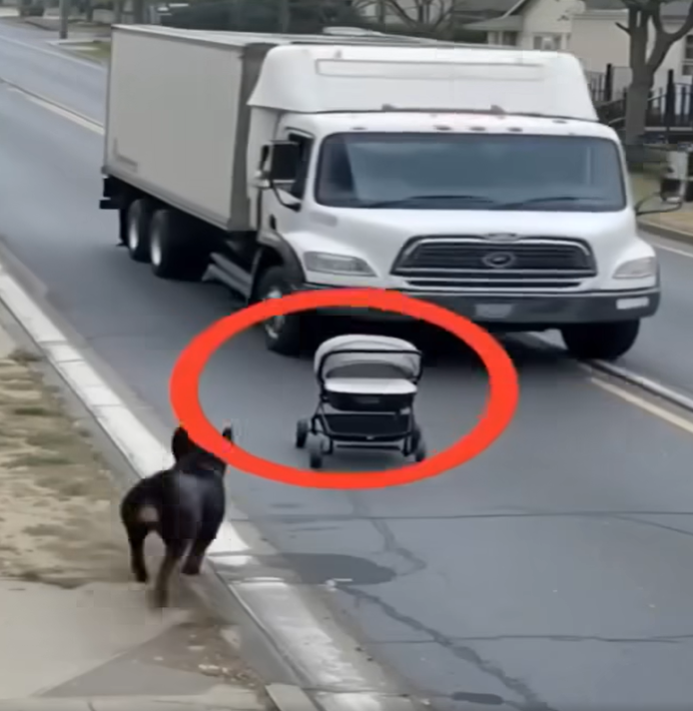Edward Grant’s penthouse was pristine—gleaming marble floors, spotless glass, every surface polished to perfection. But the silence in those rooms was suffocating, a heavy weight pressing down on his heart. It wasn’t a home anymore; it was a monument to grief.
Edward had built an empire in steel and glass, his name shining high above city skylines. Yet none of his billions could heal the deepest wound: his nine-year-old son, Noah.
Since the tragic accident that took his wife’s life, Noah had stopped speaking. Paralyzed physically, he’d retreated into a world without words or movement, his eyes empty and unreachable. Doctors came and went; therapies poured endless time and money into trying to reach him—but nothing worked. Noah sat by the window in his wheelchair, a ghost in the glossy tower.
What broke Edward wasn’t the paralysis. It was the vacant stare. No anger. No pain. No hope.
Until one quiet morning, everything changed.
A Song in the Silence
Edward left just after dawn, passing Noah’s untouched breakfast tray. Another day, another ritual of loneliness.
But when a board meeting was suddenly canceled, Edward found himself turning back home early—no reason, just habit.
He wasn’t prepared for music.
Soft, tentative—a waltz drifting through the marble halls. Something fragile and alive. Something human.
Following the sound, his heart pounding, Edward turned a corner—and froze.
There, barefoot on the cold marble floor, was Rosa, the maid. Spinning gently, her hand extended. And Noah’s frail fingers curled around hers.
Noah wasn’t standing. He wasn’t moving on his own. But his eyes—his eyes followed every graceful step. For the first time in years, he was truly present. Watching. Awake.
Edward struggled for breath.
Questions and Answers
When the music stopped, Rosa looked at him—not with fear or guilt, but calm understanding. She gently lowered Noah’s hand into his lap and returned to her chores.
Hours later, Edward called her.
“What was that?” he demanded.
“Dancing.”
“With my son?”
“Yes.”
“Why?”
“I saw a spark,” she said softly. “So I followed it.”
“You’re not a doctor.”
“No. But I touch him with joy. No one else does. Today, he moved because he wanted to—not because anyone told him to.”
Her words cut deeper than any diagnosis.
That night, instead of drowning his grief in whiskey, Edward opened an old family album.
The first page showed a photo: his wife twirling baby Noah in her arms. Scribbled on the back were her words: Teach him to dance, even if I’m gone.
Edward wept—for the first time since the accident.
Small Miracles Return
The next morning, Edward stayed home. He watched Rosa hum as she worked. He watched Noah’s eyes follow her every movement.
Days passed. Small miracles—a flicker of a smile, a twitch of a finger, a faint hum escaping Noah’s lips.
Every time Rosa danced, Noah responded.
One day, she handed Edward a yellow ribbon.
“Hold one end,” she said.
Together, the three moved—imperfect, awkward—but together.
This wasn’t therapy. This was family.
A Hidden Letter
Weeks later, Rosa found an old letter in a drawer.
Addressed to My other daughter. Signed: Harold James Grant.
Edward stared. “You’re… my sister?”
“Half-sister,” Rosa smiled softly. “But yes.”
The truth shifted everything.
Though Noah struggled when Rosa wasn’t around, she returned every morning. Taking their hands, she whispered, “Let’s begin again.”
And so they did.
From Stillness to Joy
Months later, Edward, Noah, and Rosa opened The Stillness Center—a place for children scarred by trauma.
On opening day, Noah rose from his wheelchair.
Step by trembling step, he walked three paces, then bowed.
The crowd erupted in applause as he lifted the yellow ribbon, spinning—smiling—alive.
Edward’s tears fell freely. Rosa squeezed his hand.
“He is her son too,” Edward whispered.
“She always knew,” Rosa smiled.
In that moment, they were no longer billionaire and maid, strangers bound by blood. They were family.




